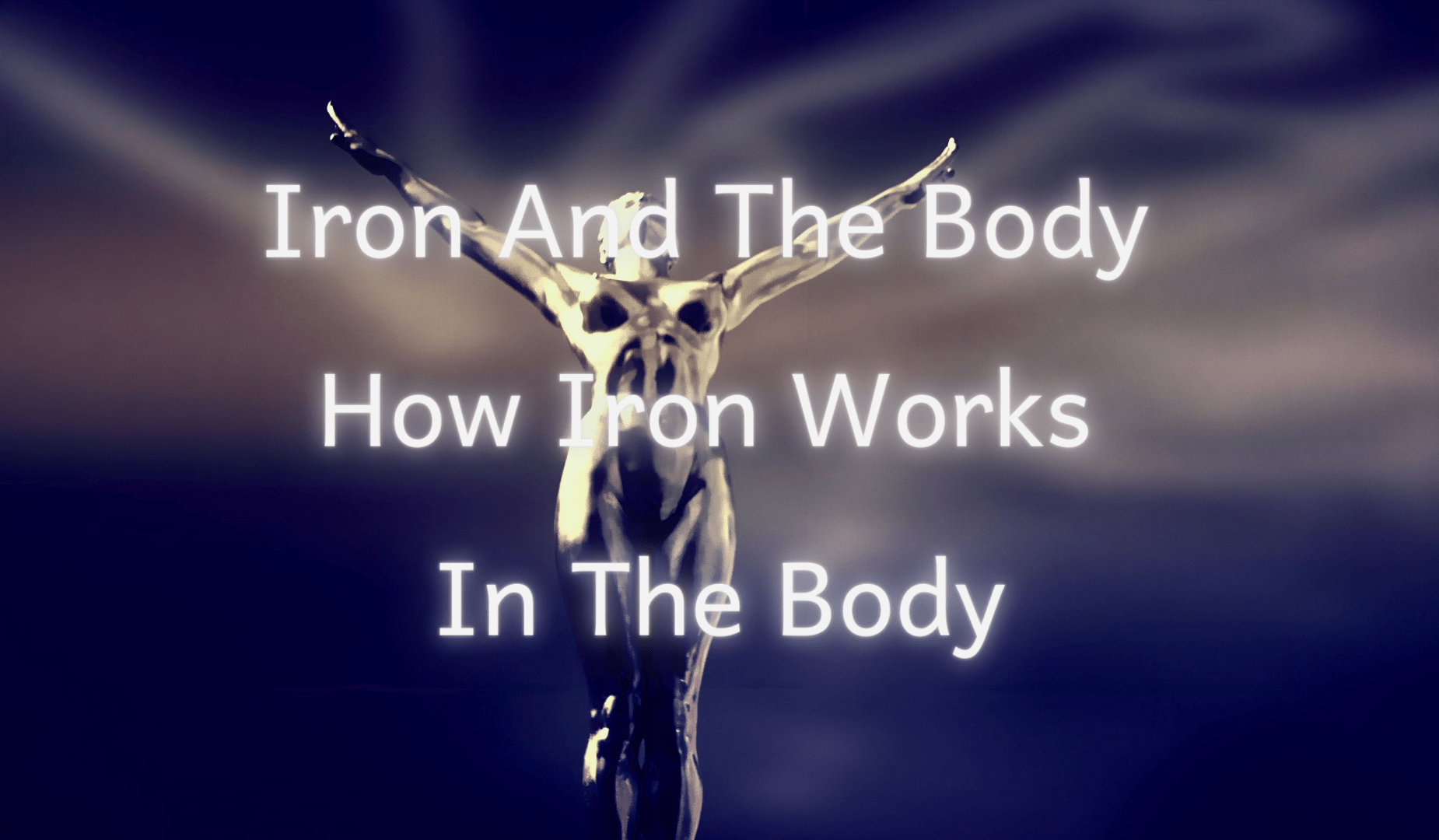Iron is one of the many essential minerals that your body needs to support its normal function. It can be found in many foods, but mainly derives from meat sources like liver and red meat. It can also be found in a series of vegetarian foods, including fortified cereals and spinach.
It’s all well and good knowing that iron is “essential”, but what does this actually mean? To help you understand just how important iron truly is, we’ve put together this simple guide. Read on to discover how iron works in the body.
How Does Iron Work In The Body?
Iron plays a very important role in the body, supporting many different functions. It is most commonly known for blood formation, as it is needed for making red blood cells and haemoglobin (EFSA, 2009).
Tell Me More! Haemoglobin is a type of protein. When you breathe in, the oxygen in your lungs combines with the iron in haemoglobin to form “oxyhaemoglobin”. This can then be transported around the body by red blood cells, releasing it wherever needed.
Forming red blood cells and transporting oxygen around the body is already a big enough task. But, believe it or not, iron has many more roles to play!
Iron is also needed for energy production (EFSA, 2009), contributing to the reduction of tiredness and fatigue. This is why so many people (particularly pregnant women and those over the age of 50) choose to take iron tablets. These tablets (supplements) safeguard your daily iron intake.
The greatness doesn’t stop there. Iron has been found as necessary for the normal functioning of the immune system and also contributes to normal cognitive function. It’s safe to say that iron works in many ways in the body!
How To Meet Your Recommended Iron Intake
With iron affecting near enough every inch of your body, meeting your daily intake is vital. According to the NHS, the recommended daily intake is as follows:
- 8.7mg a day for men over 18
- 14.8mg a day for women aged 19 to 50
- 8.7mg a day for women over 50
This might feel overwhelming to discover at first, but don’t panic. The majority of us will be able to source all the iron we need from the foods we eat.
Foods that are high in iron include red meat, chicken, and liver. Vegetarian-friendly foods include beans, nuts, fortified breakfast cereals, dried fruit and soy bean flour. As long as you maintain a balanced diet, you should have no reason to be concerned about your intake!
When Are Iron Supplements Needed?
Whether looking to support your energy levels or assist with pregnancy, there are many reasons as to why people choose to take iron supplements. These supplements are most recommended for:
- People over the age of 50
- Pregnant women
- Women with heavy periods
If you are concerned about your iron intake, do not hesitate to talk to a nutritionist or health professional. They will be able to make recommendations based on your specific lifestyle and needs.
